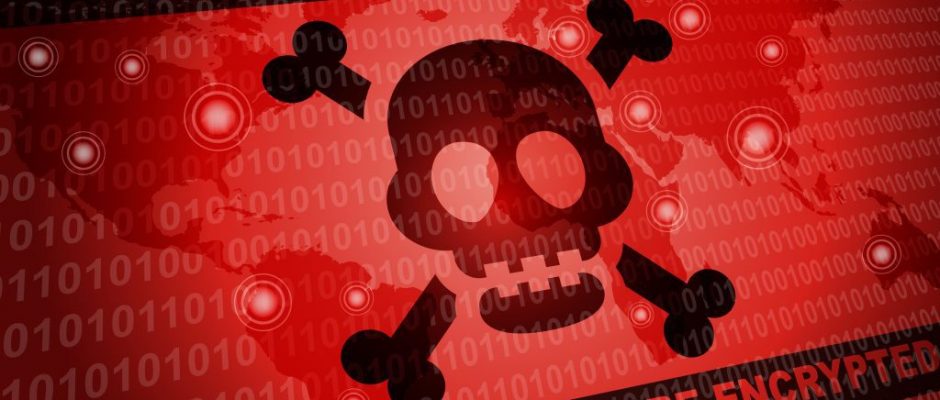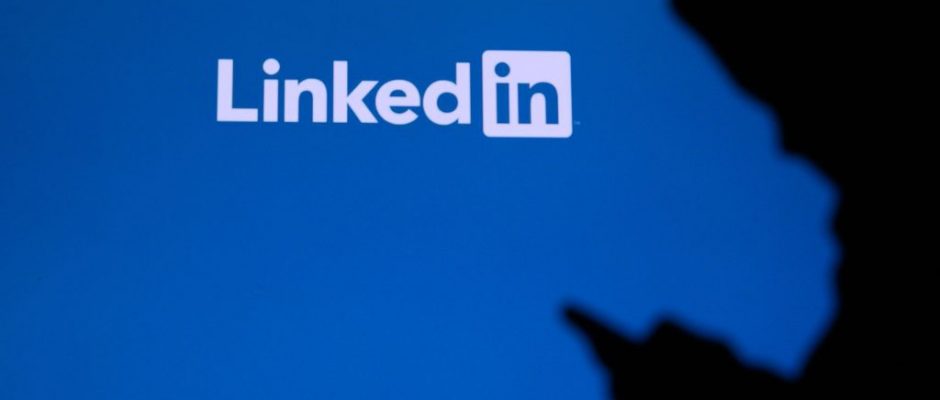There is growing evidence that ransomware gangs are rapidly evolving into full-scale protection rackets. Ransomware gangs are increasingly returning to fleece their victims multiple times, even after the ransom has been paid.
“Despite most victims agreeing to pay the ransom, less than half who did get their systems and data back uncorrupted. And most were breached again within a year,” says security company Cybereason’s report Ransomware: the true cost to business 2024.
All of the 1008 enterprise IT professionals surveyed had been breached at least once in the past 24 months. While 84 percent paid the ‘ransom’, only 47 percent got their data and services back intact. But this new generation of ransomware attacks frequently do not stop – even once the ransom is paid. An astonishing 78 percent were breached again and 63 percent were asked to pay more the second time. In 36 percent of the cases, the second attack was carried out by the same gang that conducted the first.


